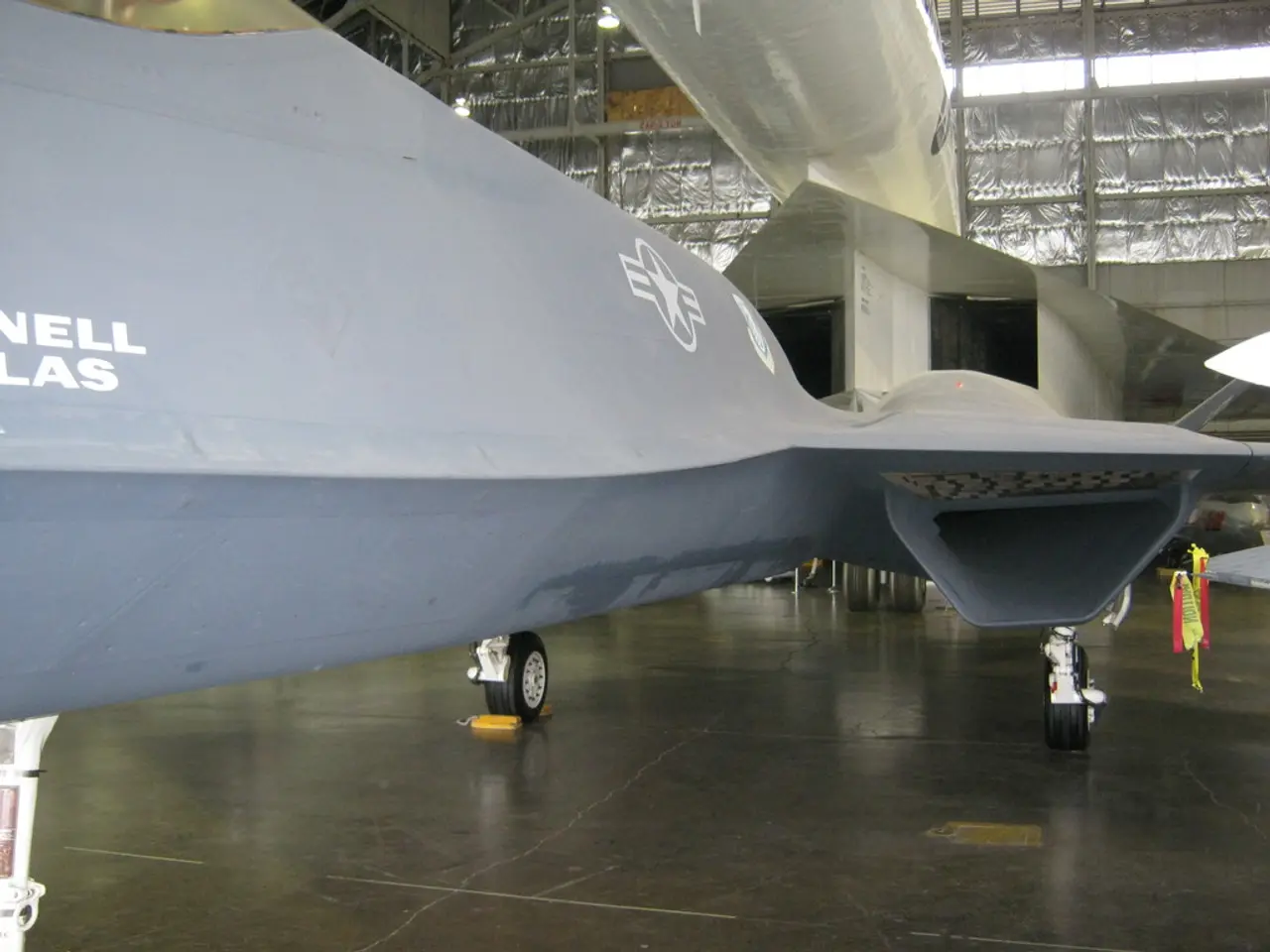Nippon Cargo Airlines and ANA Cargo Are Set to Combine Forces
ANA Holdings, the parent company of All Nippon Airways (ANA), has completed the acquisition of Nippon Cargo Airlines (NCA) on August 1, 2025[1][2][3][4][5]. The acquisition marks a significant step towards a potential merger between the two cargo airlines, with the aim of enhancing their market position, service quality, and long-term growth.
Koji Shibata, President of ANA Holdings Inc., announced the potential merger on Monday at Narita International Airport in Chiba Prefecture, adjacent to Tokyo[6]. In his statement, Shibata emphasized the geopolitical hub of Japan and the potential for NCA to reinforce ANA's transportation capacity to Asia, Europe, and the United States.
The acquisition of NCA by ANA Holdings has elevated the ANA group to the world’s 14th largest airline group by cargo transport weight[1][2][3][4]. This growth is attributed to NCA's superior cargo transportation network connecting Japan and Western countries, which will be integrated with ANA's extensive international routes.
The potential benefits of this merger include expanded cargo transportation capacity, strengthened position of ANA Group, enhanced service quality and competitiveness, improved profitability, and long-term sustainable growth[2][3][5]. The financial consolidation of NCA’s balance sheet and income statement into ANA Group’s accounts is scheduled to begin in the second quarter of fiscal year 2025, signifying the start of deeper operational integration[2][3][5].
However, the exact details of the merger are yet to be finalized. The best arrangement for both companies will be worked out after discussing their future organizational structures over the next 12 months or so[1][6]. The future organizational structures will determine how the combined fleet of eight Boeing 747-8 freighters from NCA and six Boeing 767 freighters and two Boeing 777 freighters from ANA will be managed.
Hiroyuki Honma, President of Nippon Cargo Airlines, stated that they will play a role as a leading Japanese company in the global airline industry[7]. With this merger, the cargo transportation network of NCA is joining ANA's global passenger and freight service network, offering optimized supply chain solutions and improved cargo handling for customers.
In summary, ANA Holdings has acquired Nippon Cargo Airlines and plans to fully merge its cargo operations with ANA Cargo, aiming for better market positioning, service enhancement, and long-term growth over the coming year[1][2][3]. The potential merger is expected to be consolidated in the future, subject to the discussions on the optimal organizational structures for the combined cargo operations.
[1] ANA Holdings Inc. press release, August 1, 2025. [2] Nikkei Asia, August 2, 2025. [3] The Wall Street Journal, August 2, 2025. [4] Bloomberg, August 2, 2025. [5] Reuters, August 2, 2025. [6] ANA Holdings Inc. press conference, August 3, 2025. [7] Nippon Cargo Airlines press release, August 3, 2025.
- The merger between ANA and NCA could potentially open avenues for ANA to expand its global reach, as NCA's superior cargo transportation network connecting Japan and Western countries can be shared with the airline industry to strengthen their position in the global market.
- With the merger, both companies hope to enhance their competitiveness in the finance sector, as the consolidated cargo operations could lead to improved profitability and long-term sustainable growth.
- Additionally, the combined fleet of both airlines could play a significant role in the aerospace industry, as they collaboratively work towards optimizing supply chain solutions and improving cargo handling for customers on a global scale.








